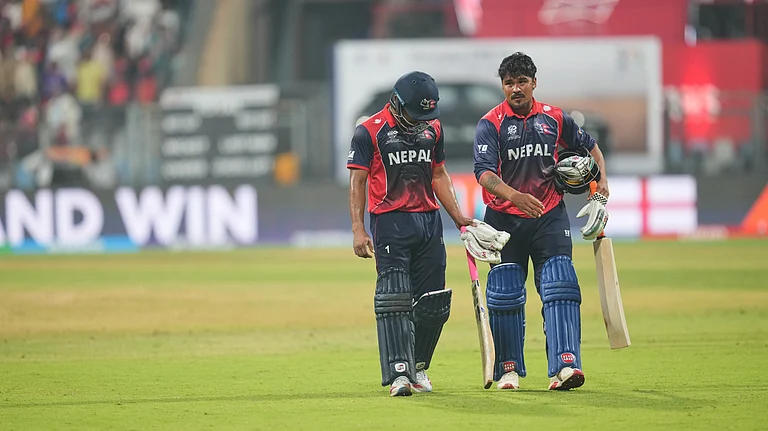They may be proved wrong, if Rishi Pal Chauhan and Steven Rudolph’s dream project takes wings. The founder-directors of Jiva Institute, a social enterprise based in Faridabad, Haryana, Chauhan and Rudolph have designed a unique teledoc project using leading-edge technologies to deliver traditional healthcare to India’s rural poor. "It’s simple," says Chauhan, an engineer with a high-profile job in New York before he quit to come back to India and teamed up with friend Rudolph, an educationist based in Japan. Explains Chauhan: "Our field representatives take diagnostic information from patients using specially designed mobile phones to transmit information on the net to a central database. Doctors at the Jiva Ayurvedic health centre in Faridabad review patient profiles and symptoms and prescribe medicines and treatment. Packages of medicines are then delivered to the field workers, who disburse them to the villagers. With the help of Teledoc, we can extend delivery of our ayurvedic medicines and treatments directly to the poor." Adds Rudolph: "Teledoc uses off-the-shelf technologies and existing cellular networks. This helps us lower the cost of medical services and maximise the areas we can reach." The duo’s efforts got a fillip when the project won the Information Society’s prestigious World Summit Award for eHealth this year.
Founded in 1992, Jiva has been specialising in health and education, with a major thrust of its efforts being innovative use of technology. Jiva has been providing ayurvedic medicines to patients throughout Europe and North America since 1995 via their online services, Ayunique (www.ayunique.com), a site which currently registers about 60 inquiries every day.
For now, Jiva has one field worker regularly visiting about 10 villages around Faridabad, making inquiries and relaying patient information to doctors sitting at the Jiva Institute. Says Chauhan: "The problem is that there are no doctors, and there are fewer number of computers. We realised then that cellphones are the only way out. Our trained field worker uses a Nokia 6800 with Java microedition. For the patients too, at Rs 70 for one-time consultancy and medicine at their doorsteps, it works out much cheaper than visiting a regular clinic." Says Rudolph: "For us, success involves achieving both social and financial goals. We operate ‘social enterprises’ that reach markets at the bottom of the pyramid."
The two have ambitious plans now: like covering about 30 villages by mid-2004 and launching a franchisee model for about 5,000 villages by April next year—one franchisee for about 100 villages, one healthworker for 10 villages and one supervisor covering 10 workers. Says Chauhan: "Grandma’s cures are still very popular in our villages. People have faith in ayurveda. And we are also thinking of improving the villagers’ economic well-being." By this he means advising them on what vegetable or crop to grow to earn higher profits. Contact Jiva at: Jiva Institute, Sector 21B, Faridabad—121001, Haryana; Phone: 0129-2429640, 2431198
























